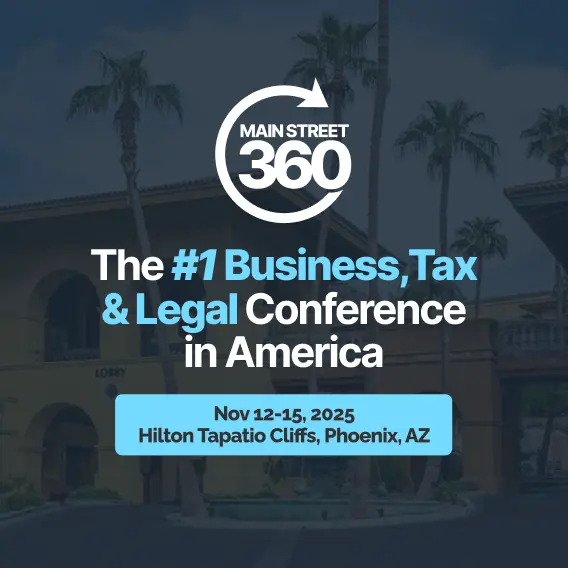RV ownership is on the rise, with over 11 million U.S. households now owning an RV. In fact, 13% of U.S. households own a recreational vehicle, and 43 million Americans regularly go RVing. With numbers like that, it’s no surprise that many people are wondering: Can I write off my RV on my taxes? The answer? It depends on how you use it.
In this guide, we’ll break down tax strategies and income opportunities for RV owners, whether you live in your RV full-time, use it for business, or want to rent it out for passive income.
Can You Deduct Your RV as a Business Expense?
If you’re using your RV for business purposes, you may be able to deduct expenses related to it. Here’s how:
1. Business Use of an RV
If you own a business and use your RV for work, you could qualify for tax deductions. Some examples include:
- Using the RV to travel for conferences, trade shows, or client meetings.
- Using the RV as a mobile office while managing rental properties or investments.
- Contractors or real estate professionals using an RV as a workspace at project sites.
If your RV is primarily used for business (at least 51% of the time), you can write off expenses such as:
- Depreciation of the RV’s value.
- Fuel and maintenance costs.
- Insurance and registration fees.
- Campground and parking fees (if staying for business purposes).
You can also use the home office deduction if a dedicated portion of the RV is used exclusively for work (such as a toy hauler converted into an office).
2. Full-Time RVers and Tax Advantages
For those who have sold their home and live in an RV full-time, tax benefits are limited, but there’s one big advantage: domicile tax savings.
Since full-time RVers can choose where they legally reside, they can establish their domicile in a state with no state income tax, such as:
- Texas
- Florida
- South Dakota
By changing your domicile to a tax-friendly state, you can eliminate state income tax on retirement accounts, business income, and other earnings. However, this process requires more than just a PO Box—you’ll need to take legal steps to establish residency.
Another financial strategy is to convert your home into a rental property instead of selling it. This way, you keep the equity, generate passive income, and fund your RV lifestyle.

How to Turn Your RV Into a Money-Making Asset
1. Rent Out Your RV with Platforms Like Waverly
If you’re not using your RV full-time, renting it out can be a great way to generate income. Waverly is an RV rental platform that works like Airbnb for RVs, allowing you to rent your vehicle to travelers.
Tax Benefits:
- If your RV is 100% available for rent, it qualifies as a business asset, meaning you can deduct depreciation, insurance, and maintenance costs.
- Even if you use it for personal trips up to 14 days a year, you can still treat it as a business asset.
- Under current tax laws, bonus depreciation may allow you to write off a significant portion of your RV’s cost in the first year.
2. Workamping: Get Paid to Travel
Many full-time RVers participate in workamping, where they take seasonal jobs in exchange for pay, free RV parking, and utilities. Common workamping gigs include:
- National park jobs
- Amazon seasonal warehouse work
- Campground hosting
If you receive 1099 income from workamping, you may be able to deduct some RV expenses as business-related costs.
Check out www.workamper.com for more details on this. This is a personal favorite of ours that we always use for reference.
The Best Way to Use Your RV for Tax Savings
If your RV is currently sitting unused most of the year, there’s an opportunity to turn it into a tax-deductible asset while generating income.
Best Strategies:
- Use it for business-related travel and deduct mileage and expenses.
- Rent it out when not in use to generate passive income.
- If full-time RVing, establish a domicile in a tax-friendly state.
Owners who need help renting their RV should refer to: www.rvshare.com.
Whether you’re an entrepreneur, investor, or travel enthusiast, the right tax strategy can turn your RV from an expense into a wealth-building tool. If you want personalized advice on how to maximize your deductions, consult with a tax professional to tailor a strategy that works for you.
Want more details on this? Find them at the National Recreational Vehicle Inspector Association.
Take Action
Want to make your RV work for you? Download our FREE tax guide and take control of your financial future.
Are you a tax professional helping RV owners? As a Main Street Certified Advisor, you’ll gain the expertise to simplify tax strategies, optimize deductions, and help clients make the most of their RV investments—all while growing your own business.
Call us at 520-800-0986 or book your FREE discovery call today!











Yay Mark, I was considering adding an RV to have additional space at my Chiropractic office to do consultations- That should be 100% deductible and then put a huge billboard on the side so everyone passing by will know where I am at! Sounds good right, right and right?!